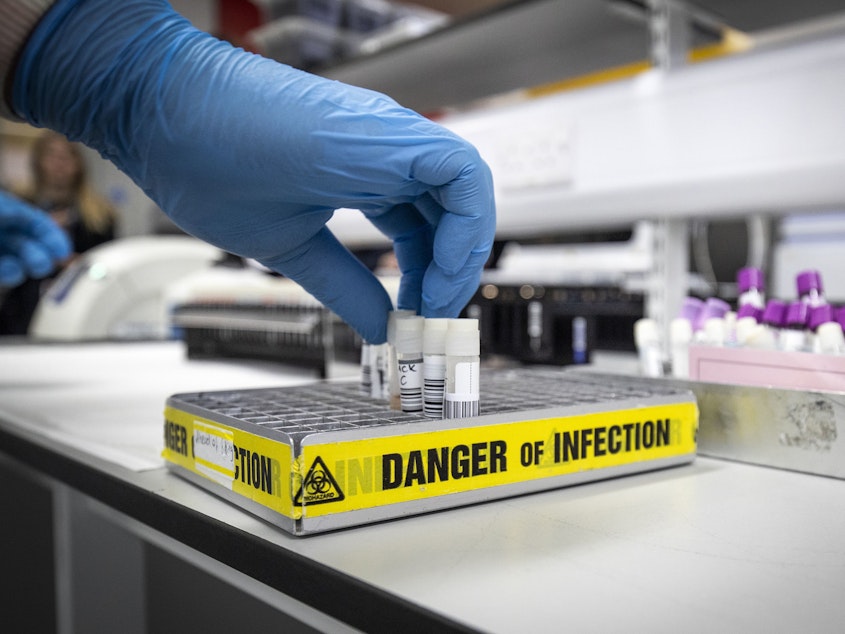Antibody testing: not a magic bullet

The most common test for coronavirus infections checks for the virus' genetic material. A blood test that, instead, measures antibodies against the virus could give doctors and researchers more information.
WPA Pool/Getty Images
As much as we might like to hope that expanded testing is the key.
The test that looks for an active COVID-19 infection is called a PCR assay. It requires a swab up the nose, a lengthy wait, and has been beset by equipment and personnel shortages. Delays in widespread COVID-19 testing have bedeviled the US ability to respond to the novel coronavirus pandemic.
But what if you could find out whether you'd already had, and recovered from, the virus? That's the idea behind antibodies testing. But, says Columbia University virologist Angela Rasmussen, not all antibody tests are created equal - and antibodies aren't guaranteed to protect you from reinfection.

